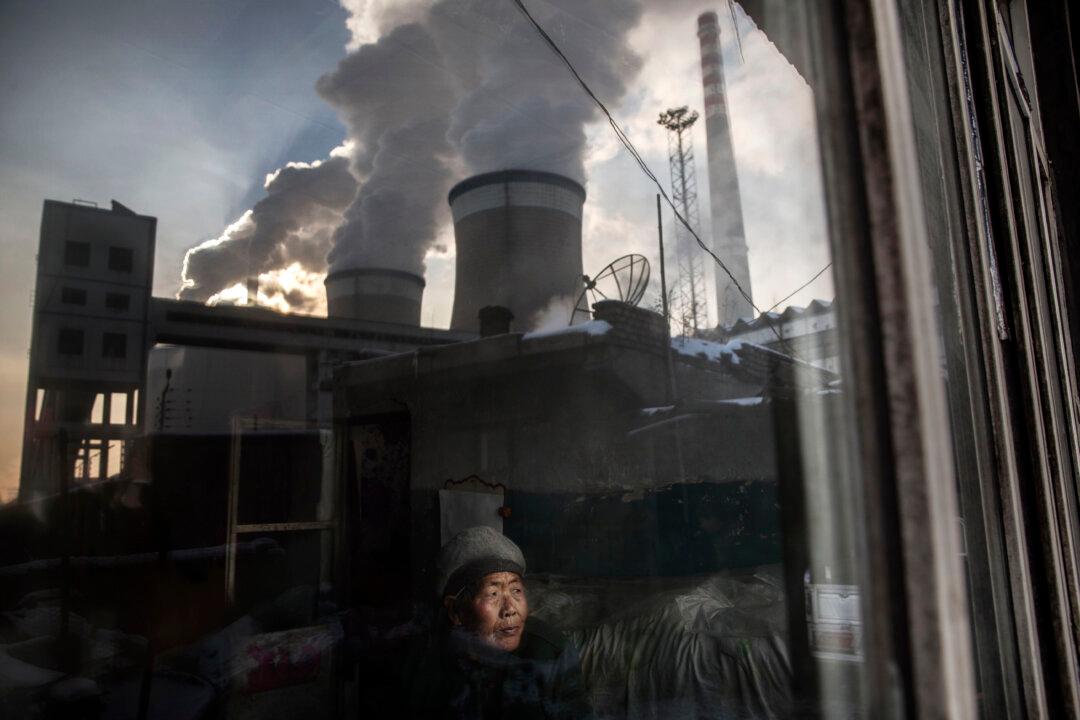News Analysis
U.S. President Joe Biden’s climate envoy, John Kerry, called for “real progress” before the year-end U.N. climate summit during four hours of talks with China’s special climate envoy, Xie Zhenhua, in China on July 17.

U.S. President Joe Biden’s climate envoy, John Kerry, called for “real progress” before the year-end U.N. climate summit during four hours of talks with China’s special climate envoy, Xie Zhenhua, in China on July 17.